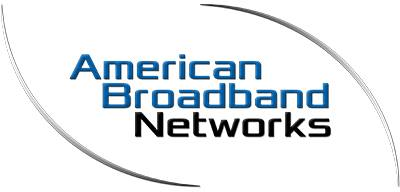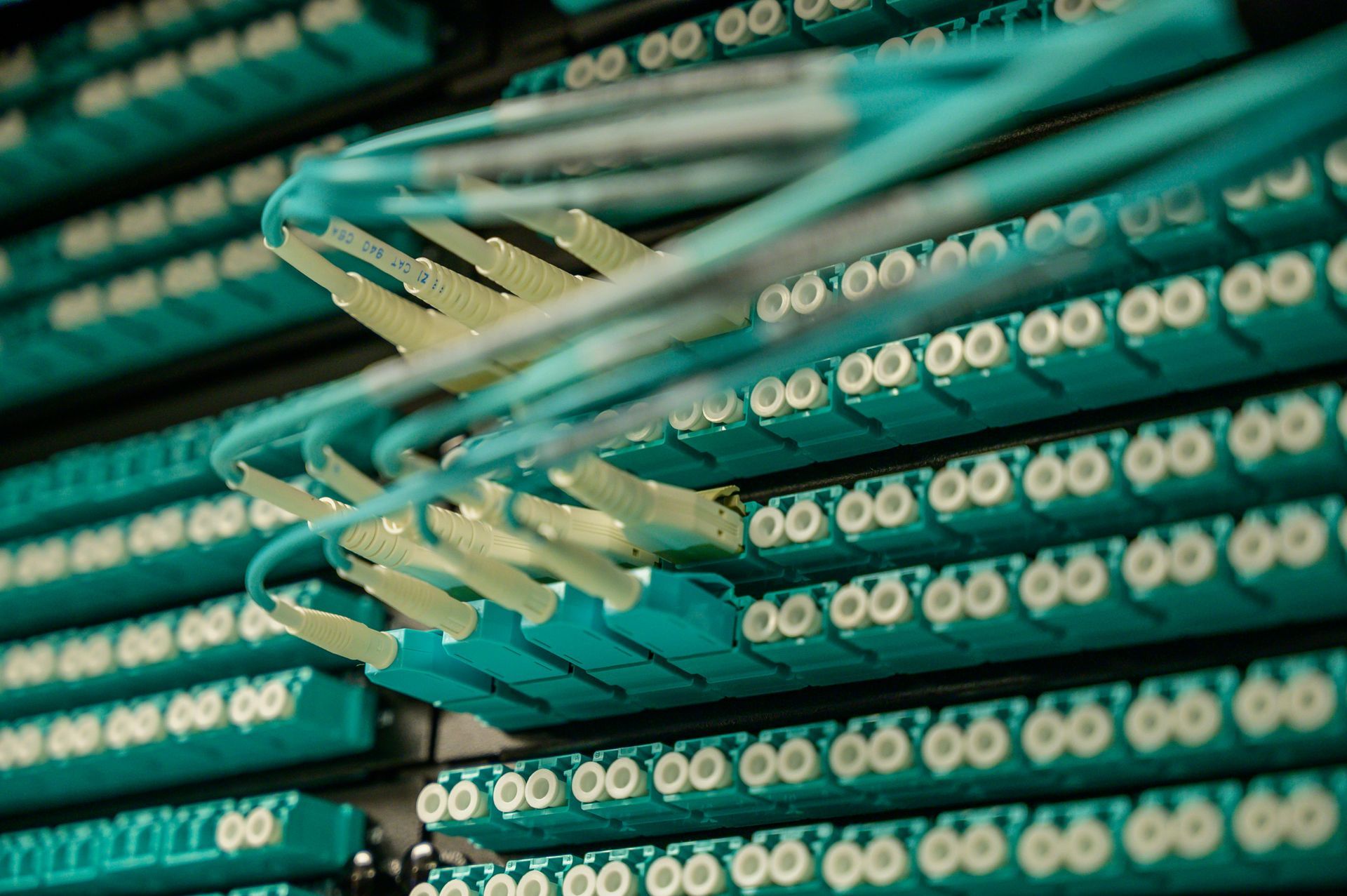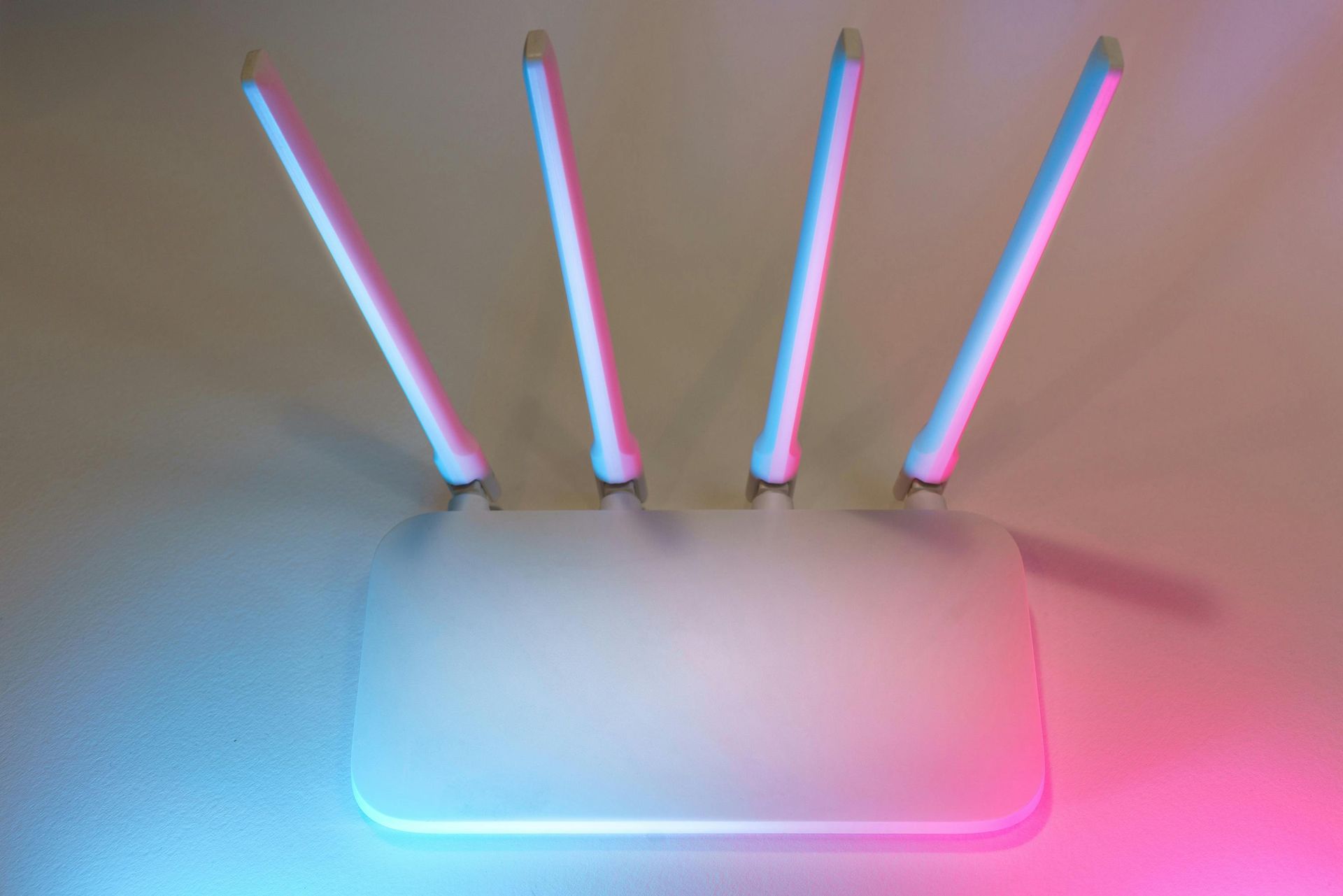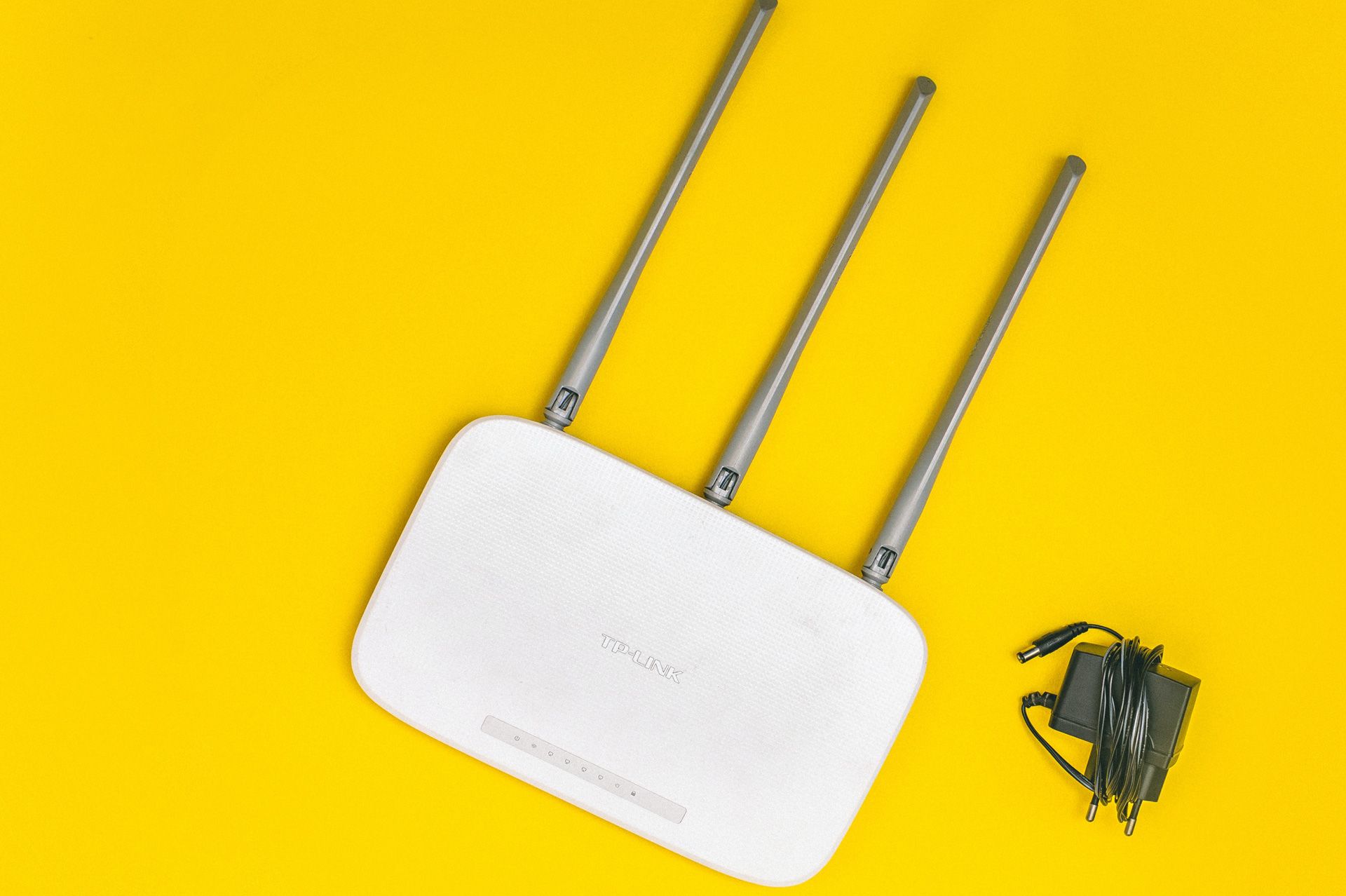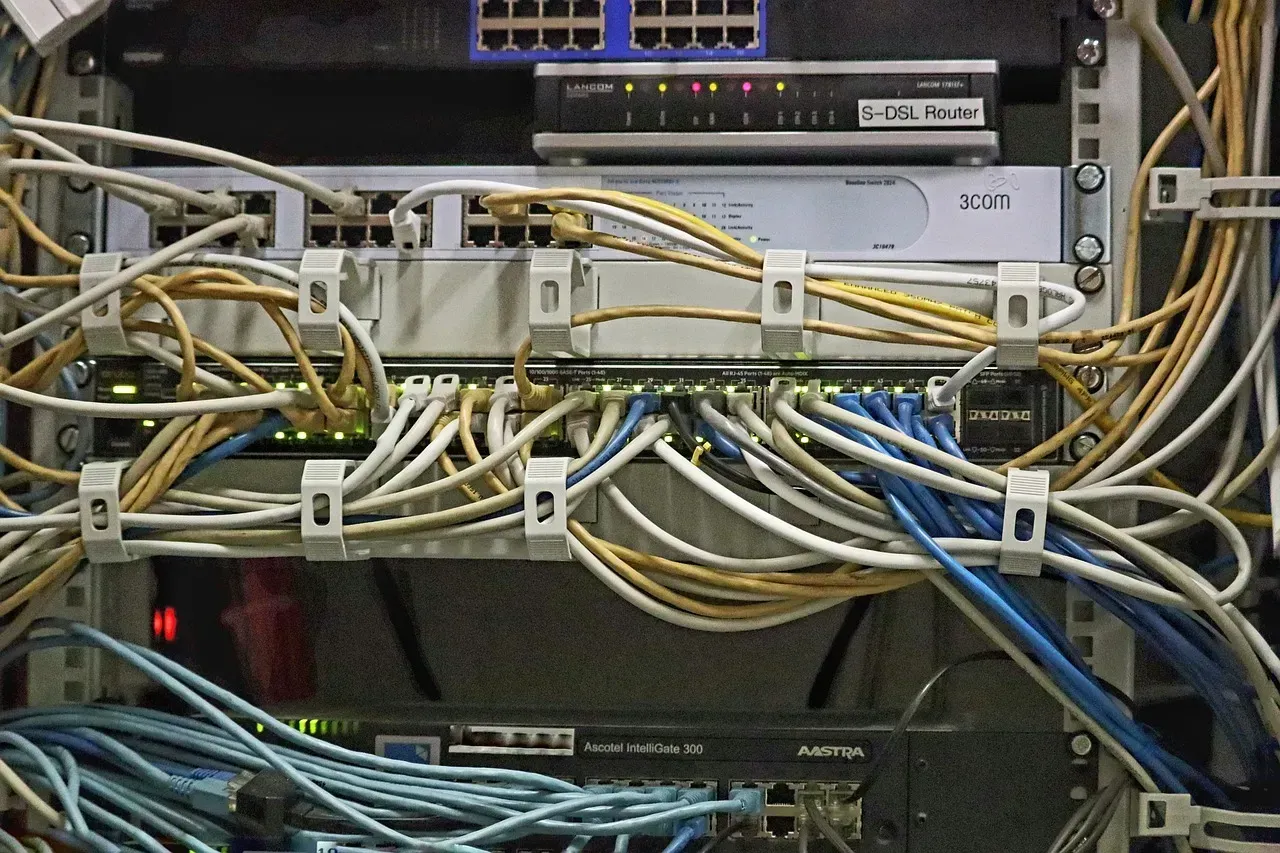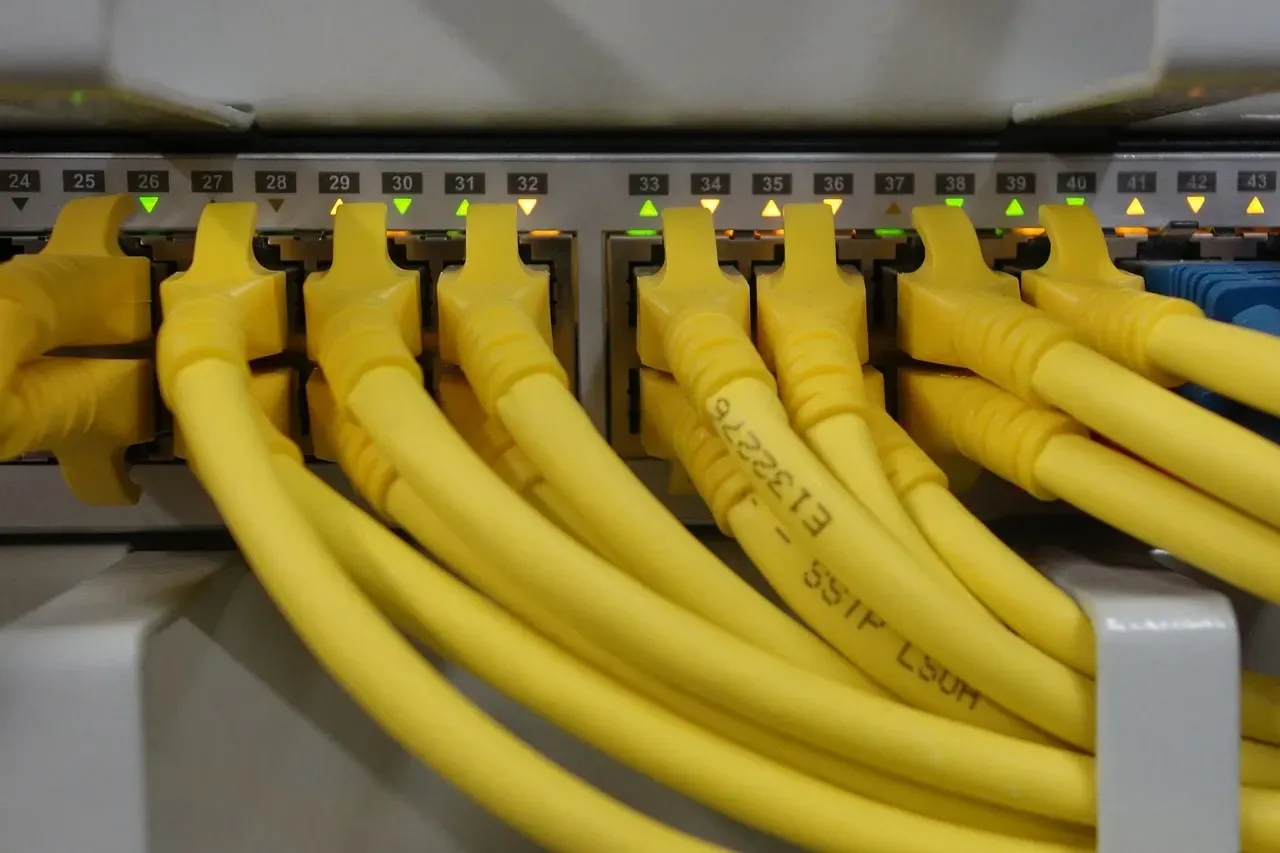Understanding the Costs of Hiring a Broadband Contractor

When it comes to setting up or upgrading your broadband connection, hiring a professional contractor can be a wise choice.
Whether you’re looking to enjoy seamless home internet or ensure reliable connectivity for your business, understanding the financial commitment involved is crucial.
This guide aims to demystify the costs associated with hiring a broadband contractor, helping you budget effectively and make informed decisions.
The cost of broadband installation can vary widely, influenced by several factors—from the type of service you need to the contractor's expertise.
By the end of this blog, you’ll have a clearer picture of what to expect financially and how to find the best service within your budget.
We'll explore everything from the basics of broadband services to tips on saving money without compromising on quality.
Whether you're a first-timer curious about the installation process or someone considering an upgrade, this comprehensive overview is designed to guide you through the costs and considerations involved in hiring a broadband contractor.
Overview of Broadband Installation Services
A broadband contractor offers a range of services that cater to both residential and commercial needs. These services typically include installing new broadband lines, upgrading existing connections, and repairing any issues that might affect your internet speed and stability.
Residential Services
For homeowners, broadband installation might involve setting up a new connection or enhancing the current one to support higher speeds or more devices. This often includes running cables, setting up modems, and configuring wireless networks.
Commercial Services
Businesses may require more complex setups, including dedicated lines for improved security and speed, installation of multiple access points, and advanced network configurations to handle heavy data usage.
Repair and Maintenance
Both residential and commercial clients might need repair services if they face disruptions in service, slow internet speeds, or hardware issues. Regular maintenance can also be part of a contractor's service offering to ensure optimal performance.
Each type of service comes with its own set of challenges and costs, which will be detailed in the following sections. Understanding these services helps in selecting the right contractor and service package that best fits your needs.
Factors Influencing the Cost of Hiring a Broadband Contractor
The cost of hiring a broadband contractor can vary significantly based on several key factors. Understanding these can help you anticipate your expenses and choose the right service options.
Scope of Project
The project's scope—whether it's a full installation, an upgrade, or a repair—affects costs dramatically. Installing new broadband infrastructure in a building without existing connectivity is generally more expensive due to the extensive labor and materials required. In contrast, upgrading an existing connection might only involve minor modifications to your current setup, costing less.
Type of Broadband Technology
Different technologies come with varying price tags. Fiber-optic installations are usually on the higher end due to the superior speed and reliability they offer, whereas DSL or cable might be less costly options. The choice of technology will depend on what's available in your area and your specific speed and bandwidth needs.
Contractor Experience and Reputation
Experienced contractors with a proven track record tend to charge more. However, investing in their expertise can lead to better service quality and fewer issues down the line, potentially saving you money on future repairs and adjustments.
Geographic Location
Installation costs also vary by location. Urban areas might offer more competitive pricing due to the higher density of service providers, whereas rural areas could face higher charges because of the additional travel and effort required to bring services to less accessible locations.
Additional Services
Extra services such as custom wiring, enhanced security features, or specialized network configurations will increase the overall cost. These services, while optional, can provide significant benefits depending on your needs.
Licensing and Permits
Depending on where you live, certain permits and licenses may be necessary to install or upgrade your broadband connection. The costs for these can vary widely and should be considered when budgeting for the project.
By considering these factors, you can form a more accurate expectation of the costs involved and prioritize where to allocate your budget.
Average Costs and Pricing Models
Understanding the typical costs and various pricing structures can help you budget for a broadband installation or upgrade more effectively.
Average Costs
The cost of broadband installation can range significantly based on the factors previously mentioned. Generally, for residential services, you might expect to pay anywhere from $100 to $500 for a basic installation. Commercial setups, due to their complexity, can start at around $1,000 and escalate based on the project's scope and technology used.
Pricing Models
Broadband contractors often use different pricing models:
- Flat Fee: Some contractors offer a flat rate for installations, which can simplify budgeting as you know the cost upfront.
- Hourly Rate: Others may charge based on the time they spend on your project. Hourly rates vary but typically range from $50 to $100 per hour.
- Per-Project: Particularly for complex or commercial projects, a per-project rate may be negotiated, which will be based on the job's specific demands and the estimated time and resources needed.
These models give you flexibility in how you manage costs, allowing you to choose an option that best aligns with your budget and the nature of your broadband needs.
How to Save Money When Hiring a Broadband Contractor
Choosing the right contractor and service options can significantly reduce costs without compromising on the quality of your broadband installation. Here are practical tips to save money:
Get Multiple Quotes
Always start by gathering quotes from several contractors. Comparing prices and service offerings can highlight who provides the best value for your specific needs.
Buy Your Own Equipment
Purchasing modems, routers, or other necessary equipment independently can be cheaper than buying them through a contractor who may mark up these items.
Bundle Services
If you require multiple services, such as installation and maintenance, bundling these can often lead to discounts. Contractors are likely to offer lower rates for comprehensive service packages.
Schedule Off-Peak
Scheduling your installation during a contractor’s off-peak times, such as their less busy seasons or weekdays, can sometimes secure you a lower rate.
Opt for Quality Over Price
It might seem counterintuitive, but selecting a slightly more expensive contractor with a stellar reputation can save money long-term. Higher quality work reduces the need for frequent repairs and adjustments, lowering your overall expenditure.
DIY What You Can
For the tech-savvy, doing some of the preliminary work yourself, like running cables through accessible spaces, can reduce the labor hours you’re billed for.
Implementing these strategies can make a noticeable difference in your installation costs. Careful planning and smart choices not only keep expenses in check but also ensure that your installation is done efficiently and to high standards.
Hiring the Right Contractor
Selecting a competent broadband contractor is crucial for a successful installation. Here’s what to consider to ensure you choose the best professional for the job.
Check Certifications and Licenses
Verify that the contractor has the necessary certifications and licenses to perform broadband installation services in your area. This not only confirms their legitimacy but also their adherence to industry standards.
Read Reviews and Testimonials
Examine feedback from previous customers on platforms like Yelp, Google, or industry-specific review sites. Positive reviews generally indicate reliability and quality service.
Evaluate Their Portfolio
Ask potential contractors for examples of previous projects similar to yours. Reviewing their past work can give you insight into their expertise and the quality of their installations.
Discuss Their Approach
Understanding how they plan to tackle your project can help assess their competence. A good contractor will be willing to explain their process and provide a clear timeline and communication plan.
Compare Pricing and Value
While cost is a significant factor, consider what is included in their quote. Cheaper isn’t always better, especially if it sacrifices quality or completeness.
Get Everything in Writing
Ensure that all agreements, especially concerning costs, timelines, and services provided, are documented in a contract. This protects both parties and clarifies expectations.
By carefully selecting a contractor, you invest in a smooth and efficient installation process, which can save you from future hassles and additional costs.
Conclusion
Hiring a broadband contractor involves a variety of factors that can influence the overall cost. From the scope of your project and the type of technology used to the contractor's experience and your geographic location, each element plays a crucial role in shaping the expense. By understanding these factors and implementing cost-saving strategies like obtaining multiple quotes, purchasing your own equipment, and choosing a reputable contractor, you can ensure a cost-effective and high-quality broadband installation.
Whether you're setting up a new connection, upgrading your existing one, or requiring specialized services like interior cabling for apartment complexes or structured cabling, choosing the right contractor is key to achieving both reliability and efficiency in your broadband service.
Call to Action
Ready to enhance your internet connectivity with professional, reliable broadband installation? Look no further than American Broadband Networks. Serving the Charlotte, NC area, we specialize in a range of services including fiber optics, coaxial cable installation, Wi-Fi management, and much more.
Whether it’s new construction internet needs or adding additional network outlets for internet and phones, American Broadband Networks ensures top-notch service and expert handling of all your broadband requirements. Contact us today to discuss your needs and how we can support you in staying connected in the digital age.
Frequently Asked Questions
Q: How often should I shred my documents?
The frequency depends on your data retention policy and the volume of sensitive information. A quarterly shredding schedule is a good starting point for most households and businesses.
Q: Are shredded materials recyclable?
Yes, paper from shredded documents is often recycled. Some services recycle plastic remnants from CDs, DVDs, and credit cards as well.
Q: Can I watch the shredding process for peace of mind?
Yes, many shredding companies offer on-site shredding or allow customers to view the process via live video for transparency and reassurance.
Q: What should I do if I accidentally shred important documents?
Contact a data recovery expert. While it’s challenging to recover shredded documents, digital backups could be restored if available.
Q: Do shredding services handle digital media like USB drives?
Yes, reputable shredding services securely destroy USB drives and other digital media, ensuring sensitive information isn't recoverable.
